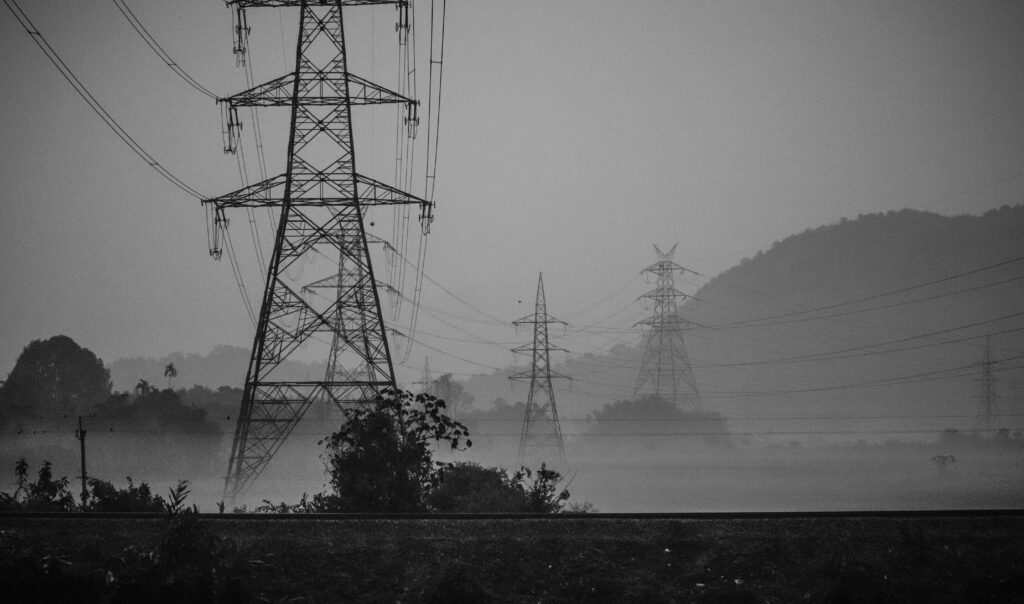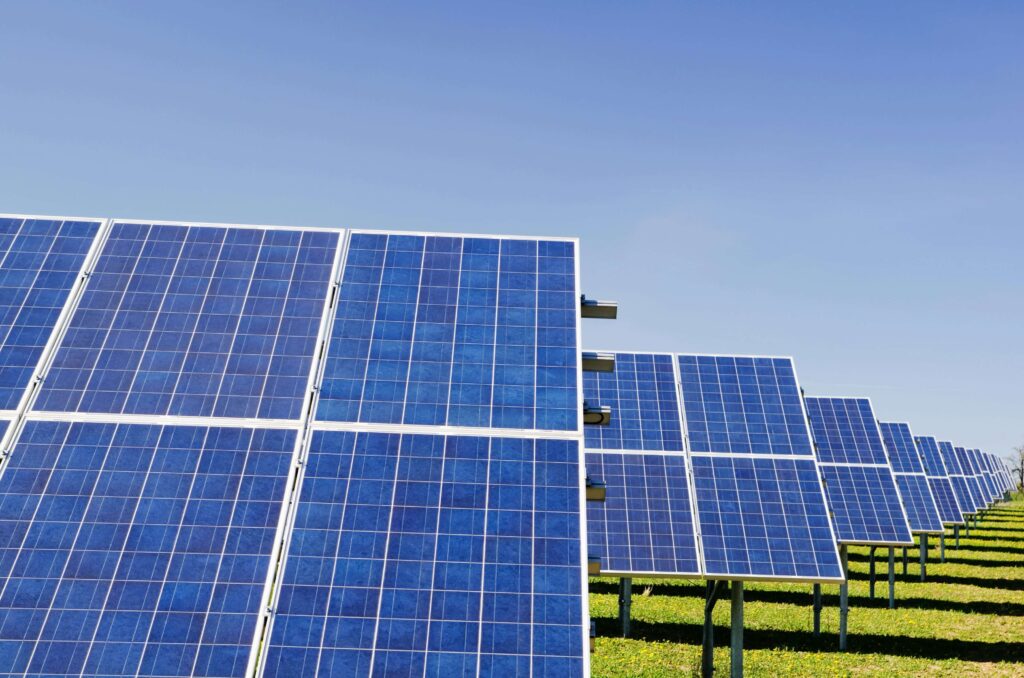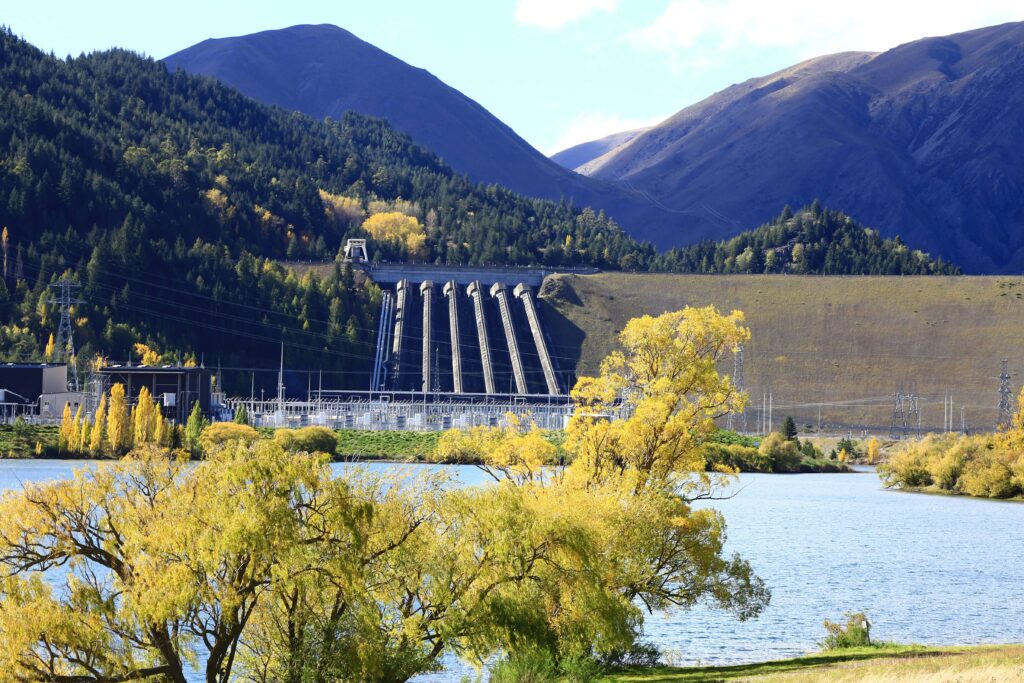Posts Tagged ‘Energy’
April 2024
This newsletter starts with something different, namely translation of an
interview with Jens Beckert, Director at the Max Planck Institute for the Study
of Societies and Professor of Sociology in Cologne.
On the brighter side, it also includes a number of items on positive actions that
are helping improve people’s lives, and on technologies that can, or have the potential to contribute to reducing future emissions.
CONTENTS
– “How can we just go on living like this, even though we have known for three decades what is threatening us?”
– Ocean heating 2023
– Our reliance on fossil fuels
– “Plastics producers have deceived the public about recycling”
– How Burkina Faso builds schools that stay cool in 40C heat
– The African tree-planting project making a difference
– The ‘15-minute city’ has taken off in Paris
– UNSW team creates synthetic methane using only sunlight
– Printed solar cells
– Acqueous metal-ion batteries
– Energy storage using salt, air and bricks
February 2024
CONTENTS
– COP28’s potential impact on climate change
– Human ‘behavioural crisis’ at root of climate breakdown, say scientists
– Carbon released by bottom trawling
– India rebuilds coal stocks to ensure electric reliability
– World groundwater levels showing ‘accelerated’ decline
– Short extracts from Reuters website
– French farmers
– Solid state batteries update
– Information from Energy Source and Distribution magazine, Jan/Feb 2024
– Some recent statistics
November 2023
CONTENTS
– Some environmental statistics
– Global warming rate
– China and India struggle to curb fossil fuels
– Renewable hydrogen takes flight with octocopter
– Space-based solar power
– New Scottish blade a ‘step change’ for tidal energy
– Power grids investment needed
– World’s tallest wooden tower to be built in Australia
August 2023
CONTENTS
– Tracking Clean Energy Progress: IEA Report
– Selected charts tracking how countries are meeting their commitments to reduce GHG emissions
– China’s Climate Priorities
– Exxon Mobil 2023 energy outlook
– Calls for crackdown on fossil fuel company greenwashing
– Solar power cell innovations break key energy threshold
– Mining giants trial world-first hydrogen pilot for alumina
– South Korea’s Kepco joins Western Australian hydrogen hub
– Prospectors hit the gas in the hunt for ‘white hydrogen’
– $4.6 billion plant in South Africa will make ‘the fuel of the future’
– Farmers on frontline as Dutch divided by war on nitrogen pollution
– World’s largest ‘wood city’ to be built in Stockholm
– Attending ESR Committee Meetings – A request for feedback
June 2023
CONTENTS
– The clean energy investment boom (pictured)
– Rock flour from Greenland can capture significant CO2, study shows
– The path to radically lower emissions
– Global Energy news
– L.A. and other cities are recovering, but not their downtowns. Why?
– Asia’s largest timber building
– A review of the book “What we owe the future”
Submission on Measures for Transition to an Expanded and Highly Renewable Electricity System
We recommend to commence work on a vision of how New Zealand will look without fossil fuels and then to develop a pathway how to get there. This consultation document assumes a great manufacturing effort over the next decades of power lines, power pylons, windmills, PV panels, electric cars, rail tracks and other infrastructure. This will all be done predominantly by using fossil fuels with associated emissions. It will also be done on the backdrop of diminishing resources of raw materials including crude oil. In terms of energy we are also dealing with a reduction of the ratio of Energy Returned On Energy Invested (EROI) while aiming to produce new infrastructure and trying to maintain or replace existing infrastructure all built with fossil fuels at a high EROI ratio.
Read MoreSubmission to Draft Advice of Climate Change Commission on 2nd Emissions Reduction Plan
The advice document subscribes to the economic growth paradigm in assuring the economy “would continue to grow under the recommended emissions budgets”. On the other hand, it has been established, that economic growth brings with it emissions’ growth, because an absolute decoupling of the two has not been achieved yet. It is therefore timely to start a discussion of “degrowth” to make a real and required impact on gross emissions. Degrowth of the economy means a planned reduction of the material throughput through the economy and the associated emissions, while focusing on a just transition and wellbeing indicators. Worldwide there is an increasing amount of literature generated and some of our members are contributing to the domestic discussion.
Read MoreClimate Change – New Zealand Needs To Do Better
Peter Whitmore, ESR member, discusses the state of New Zealand’s readiness for climate change, with particular reference to the continuing use of large quantities of coal at the Huntly power station. Alternatives are readily available for electricity generation.
Read MoreRestoration of Electric Power Supply to Faseu Village
The Registered Trust “Friends of Faseu” seeks funding support for a rural electricity project in Papua New Guinea. The project involves the repair and restoration of a small hydro electric plant and the associated electrical distribution system supplying community facilities at Faseu, a village in the mountains of the Huon Peninsula in the Morobe Province. The system commenced operation in December 2005, but suffered major damage due to flood and landslip approximately two years later.
Read MoreRealising our Hidden Treasure
This is a response from Engineers for Social Responsibility (ESR) to the IPENZ report Realising Our Hidden Treasure: Responsible Mineral and Petroleum Extraction.
Read More






